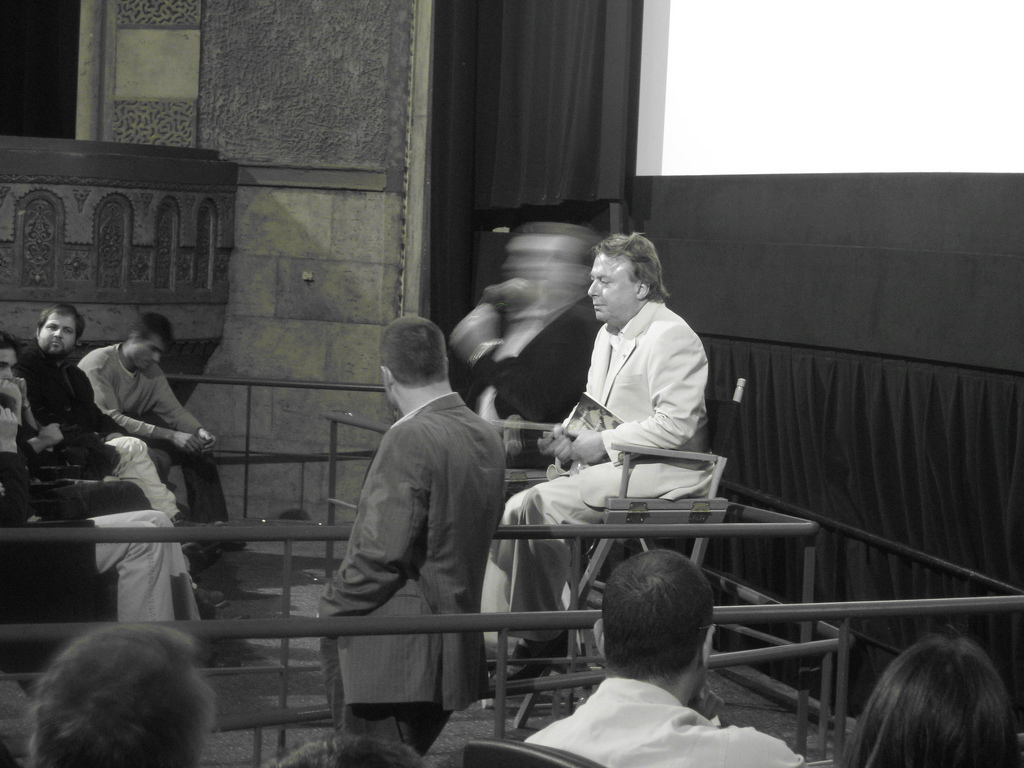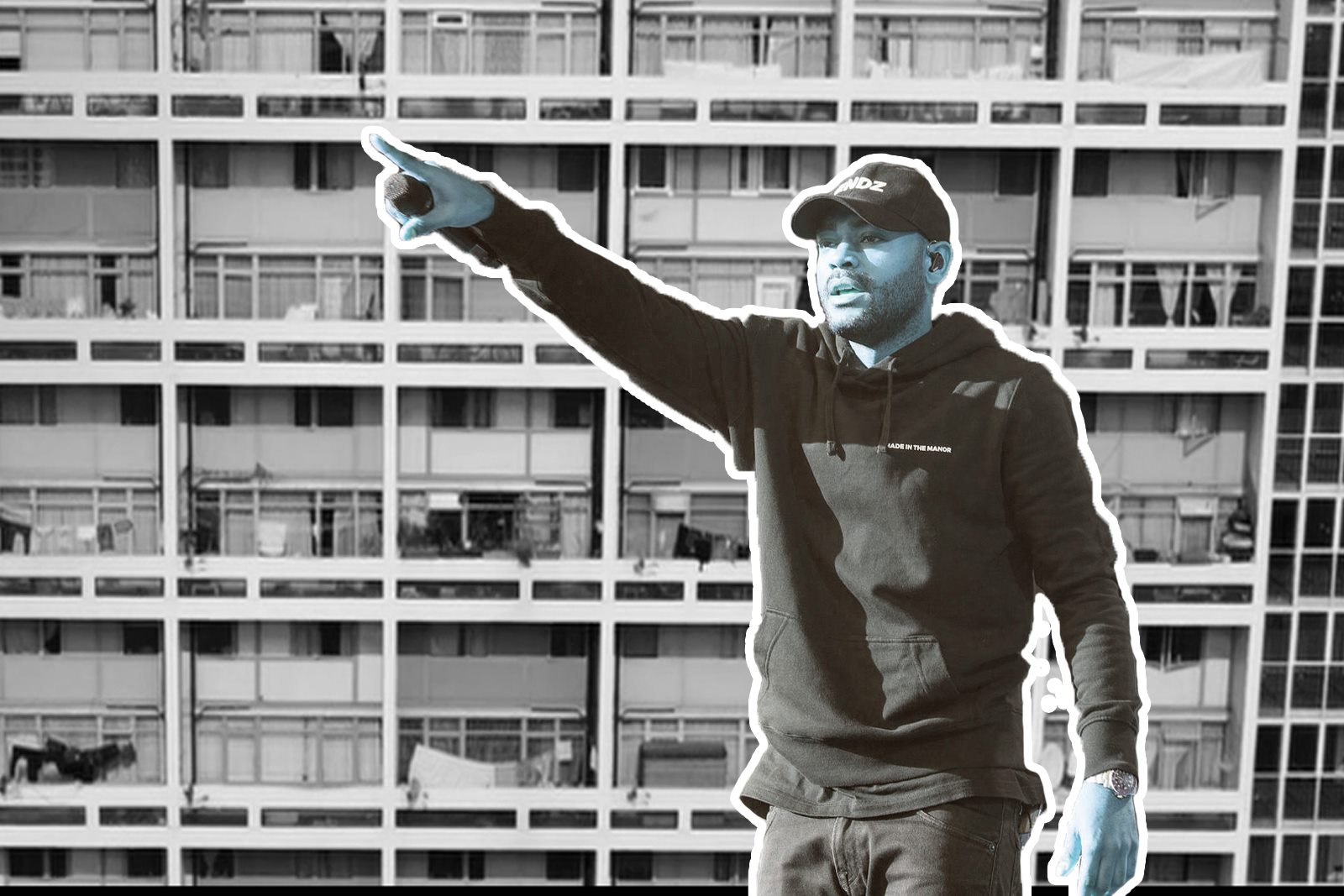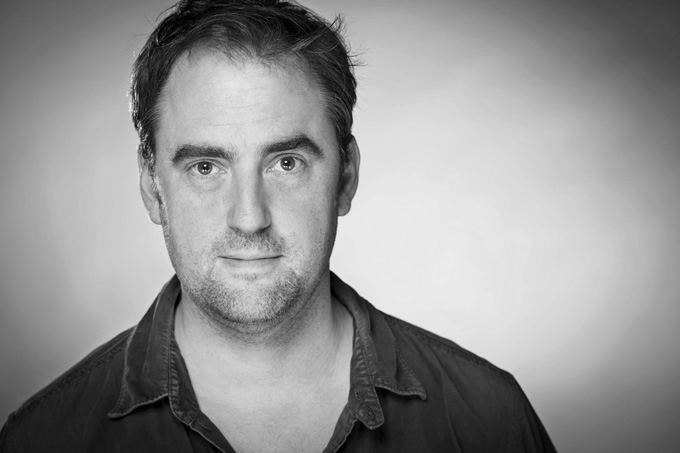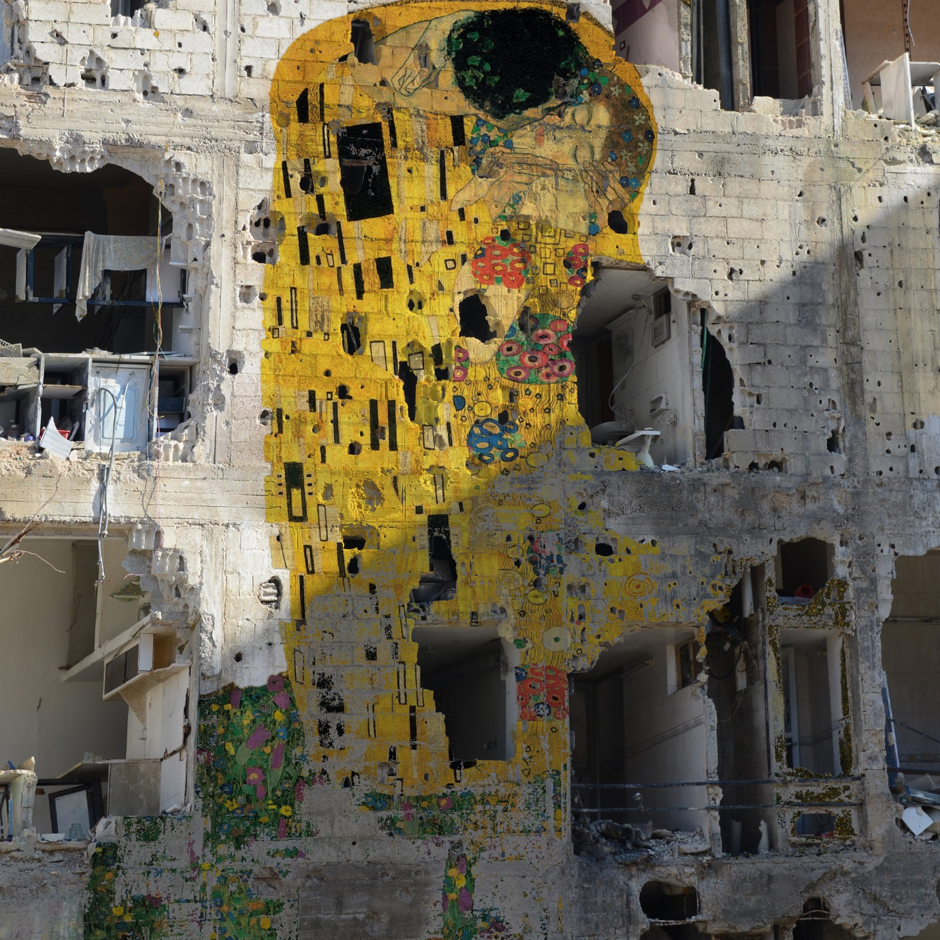
The Hitchens Cult
Christopher Hitchens hates sycophants. With pantomime emphasis, he describes facing the filmmaker Michael Moore in a debate one year after 9/11, who, avoiding the question of whether he thought Bin Laden was not the architect of the attacks, said ‘I think anyone’s innocent until proven guilty’. “And I was about to go ugh, and the whole audience burst into this huge storm of applause. I realised, as this was dying away, that it wasn’t that Michael Moore is a fucking fool, which I already knew he was, it’s the audience I don’t like; they’ll clap for anything. You know this cheesy remark they thought was absolutely brilliant and I thought, the magazine I work for [The Nation] is helping create that segment of opinion, is partly responsible for that applause. And I thought I have to leave, I can’t be a part of a feeder for this kind of crowd.”
But this sycophancy seems to surround him – throughout our interview a journalist sits in, who claims to have read ‘almost every one of Mr. Hitchens’ books’. At a later book signing, fans queue patiently to get a peek at the Great Man. Not necessarily sycophants, but certainly eager consumers of his work. It seems that a Cult of Hitchens has developed.
This is not without reason, and he has had a very successful career thus far; 18 books on a huge range of subjects ranging from Cyprus to Bill Clinton, including one on Mother Theresa entitled The Missionary Position and arguably his most infamous god Is Not Great. He has just published his memoirs, Hitch-22, as well as teaching at the New School in New York and writing for Vanity Fair, Slate and many other outlets. Producing a vast amount of work like this, does he think that he has got to a point in his career when people know exactly what he is going to say? “I don’t think ‘predictable’ is the worst in the language.” He struggles when pushed to think of an example of a topic on which he has not spoken out on. After a good few minutes, he comes up with “genetic engineering”.
Hitchens is a controversialist, accused of seeking out subject matter to polemicise. On this view, he gets uncomfortable, and slightly aggressive. “I’d be very disappointed if people thought I go looking for pretexts to have provocations; I don’t do that in fact. All the targets either were very carefully chosen or they chose me.” He cites the fatwa issued against Salman Rushdie on Valentine’s Day 1989 as a turning point in his life – more so than 9/11. “I knew something like that was going to happen, there’ll be a direct intrusion from barbarism into my civilisation and it will take a religious form. And it was again the feeling that everything I loved was being attacked by everything I hated. So it was almost exhilarating.”
It’s true that nearly every issue that he has taken on has become his own. His pro-war stance over Iraq is an example of this, and not simply because it was his face we saw on television and his words in newspapers defending it. He seems to personify these controversies; arguments against any issue become arguments against him. His endpoint always seems certain, although he claims that “having a very strong opinion about everything instantly is a hard thing to do.”
His memoirs devote 50 pages to defending his record on Iraq, something he still stands by unlike many of his peers. He accepts that some may view this continued support for the war as “at best an eccentricity, or a personal deformity.” And he still gets angry with the opposition to it – “Most of my comrades went into the streets to keep Saddam Hussein in power. I’m not the one that owes the explanation, they’re the ones that should be detained and arraigned and asked ‘Why the hell did you end up doing that?’ They have the explaining to do.”
For his recent political views he has been described as a neo-conservative, but bristles at the term – could it be that he essentially agrees with all they stand for, but just doesn’t appreciate the label? He describes it as an incorrect pejorative term, and anyway “that faction is the most radical in the political world, and is the most willing to make war on the status quo. You can call that anything you like but you can’t call it conservative.” Hitchens, as a Balliol PPEist, joined a “rather arcane” Marxist organisation as a Trotskyist – “we would go do some stuff for the guys down at the Morris works in Cowley. Words like ‘commitment’ were used very unironically in those days. You were supposed to stand for something.” He was active, writing the John Evelyn gossip column for the Cherwell – “we tried to make it more subversive”, and also once wrote for the Isis on Cuba. He describes how back in the day the content was “kind of quite crunchy. You wouldn’t write something just for its own sake. That would be luxurious.”
In his book, Hitchens recounts an episode at the Oxford Union where he and a cabal of his friends protested against the war in Cambodia by shouting ‘Murderer!’ at the Foreign Secretary and dropping a noose next to his neck. “It was all my idea… we could have killed him if we wanted to, it was almost too easy. It was kind of frightening that we could literally have his life.” Student radicalism was a serious business, particularly during the visceral late 60s: “we were thinking in a rather self-important way that it was a detachment in the struggle… we wanted the news to get to the people of Indochina that we were on their side. Honestly, we took ourselves that seriously.”
He thinks that the younger, more radical Hitch would agree with him now, particularly over Iraq. But his position now is unclear: hawkish, and still left with his revolutionary roots. “I’m a Marxist so I think that people’s outlook is very determined on their interests. I don’t think I ever really believe it’s going to last. On the day I turned 59 and a half, which is the day you can break into your retirement, that’s when Lehman Brothers went broke. The whole thing fell apart. I thought – they knew it was my fucking birthday. I always think I’m poor, I’ll never lose the habit of it. I don’t particularly care about shoes. I’ve never owned a car.”
In between the chain-smoking (one every 9 minutes on my count) and the carafe of red wine, Hitchens becomes pensive: “I am very sorry that I never ran for Parliament. In my list of regrets, it will always be very high.” Could you put up with the banality of constituents? “I once knew an MP for Wokingham, he said he had this series of letters, written in green ink from someone who was convinced that there was a death ray being trained on his house by the Ministry of Defence. He was getting frightful headaches and insomnia. And the MP sat down and carefully wrote a letter back saying, ‘I’ve taken it to some higher authorities who I am not at liberty to disclose, and they have informed me an exception has been made in your case. The ray will be switched off at Midnight next Monday.’ And a couple of days later he got a letter back saying, ‘I don’t know how to thank you, my life has been completely transformed.’ Marvellous. I think I could have done things like that. Dealing with nutty constituents. I enjoy book tours as well, the people you meet: sometimes crazy, sometimes OK. Sometimes green ink, sometimes blue/black. I do think I could be a democratic politician.”
Hitchens’ current target is religion in general, but particularly the Catholic Church. Along with Richard Dawkins, his partner-in-crime and fellow religion-hater, he plans to arrest the Pope for ‘crimes against humanity’ when he makes a state visit to the UK in September. “There’s no excuse for becoming a Catholic now… with this ratbag, Bavarian bureaucrat and cover-up artist and closet queen. It’s monstrous.”
What’s next for Hitch? “I am very interested in seismology; I am writing more and more about it. It’s the key to what’s going to happen in Iran for example. Tehran is built on a cobweb of faults, and is the worse place in the world to put a capital city. It’s got people flooding in, no building code. The government spends all its money on weapons and on other projects including radioactive stuff underground. And they have a massive earthquake coming like a heart attack. It could kill two million in a night. It would be much worse than a nuclear strike – and no one is doing anything about it. They’ve admitted that it’s a huge danger, but they’ve said it’s because of the unchastity of the Iranian womanhood. Well, look, earthquakes have to be caused by something… Our existence is not compatible with a thermo-nuclear theocracy. I think we should demolish the revolutionary guards and the underground facilities.” With airstrikes? “Yes, and sabotage – it may have to be some inventive deniable tactics.”
It is hard to tell whether Hitch really does just enjoy riling people up, pursuing the alternative argument and shouting from the rooftops about it – he makes a lot of money just for being him, and if it were any other way he’d probably be a lowly blogger. The Cult of Hitchens thrives on this polemic. He gets self-conscious when Isis asks to take a photo of him – “I always look like a stuffed animal”. But he is never uncomfortable when he is talking: Hitch will always have something to pronounce on.
Image: speric







